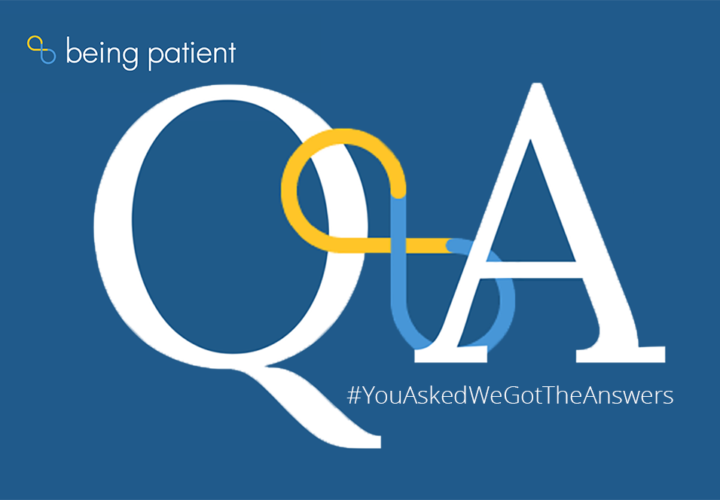With concerns about the coronavirus spreading around the U.S., people living with Alzheimer’s or other dementias, as well as their caregivers, should be aware of some of the special challenges their health conditions may present.
Earlier this week, Christy Turner, a dementia care expert in Oregon, sent her clients an email update urging special care for people living with dementia. And in a podcast posted this week, Turner explained dementia impacts much more than memory loss or other cognitive challenges in people living with the disease.
“Your person’s brain is under attack on any given day,” she said. “Because the brain is the command center for the rest of the body, this includes the immune system. When you read or hear warnings for people with compromised immune systems, this includes your person.”
Wash Your Hands
Public health officials say that those most at risk for the virus include the elderly and anyone living with underlying health conditions that can weaken their immune systems. Dying from the virus is much more likely for older and health-compromised people.
Among the most important tips for caregivers, Turner said, is to make sure that people with dementia are washing their hands regularly and thoroughly.
“Making sure hand washing happens — for at least 20 seconds with soap — is your easiest, best way to protect your person,” she said.
More tips on helping people with dementia bathe and maintain hygiene can be found here.
Be Attentive to Their Needs
Sharon Cohen, the Medical Director of the Toronto Memory Center, also said that people with dementia “may have more difficulty expressing themselves and therefore making their symptoms known.”
“Being an attentive friend, family member or partner involves being a good listener and frequently checking up on how someone is doing or feeling to mitigate reduced communication abilities,” she said.
James Ellison, a geriatric and adult psychiatrist at Christiana Care in Delaware, seconded the concern about communication abilities and added that depending on level of impairment, a person with dementia may not even notice their own symptoms if they contract the coronavirus.
Safety in Nursing Homes
Ellison also urged caregivers to disinfect frequently touched surfaces.
That’s particularly critical in long-term care communities such as memory care facilities or nursing homes. The largest outbreak of coronavirus cases in the U.S. so far came from a nursing home in the Seattle suburb of Kirkland. Some media outlets are calling that nursing clinic the epicenter of the coronavirus outbreak in the U.S.
Eight of the 14 total cases in Washington state are linked to that home as well as four of the deaths in the state. And at least four of the six people who died were either elderly or had underlying health conditions or both.
Turner, who has previously run long-term care communities, said that one of the biggest threats to residents of such facilities is the health of visitors. She said that while it is natural to want to check in on your relative or friend, make sure that you are healthy and take all possible precautions before you visit.
“If you are coughing or sneezing, please don’t visit,” she said. “If you have a cold, please don’t come visit. If you have flu symptoms, please don’t come visit.”
She adds, “even if you are feeling healthier than you’ve ever felt in your entire life, please wash your hands.”
“Use the hand sanitizer station at the entrance to the community,” she urged. “Use the one in the lobby. Use the one in the hall.”







The wing of the nursing home my mom (with end-stage dementia) is closed due to respiratory illness. She is OK and does not speak nor have any visitors other than me.
They let me in to visit her and I was concerned other people could be bringing the virus in with them unknowingly.
Should this be a concern and should I limit my visits too?
Long term care providers should offer all employees paid sick days – especially those coming in contact with residents. Sadly, many now do not – and therefore, employees have an incentive to come to work sick.